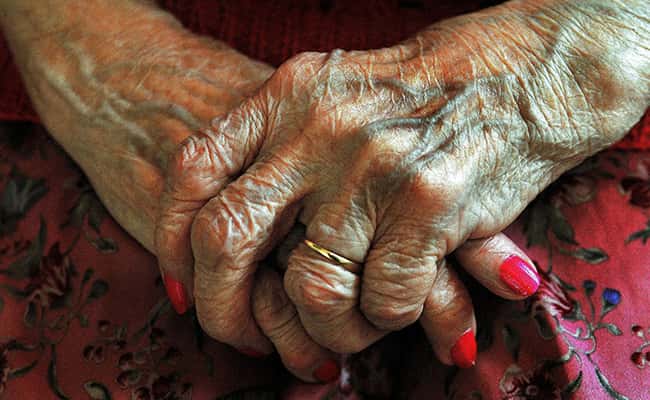
Many people with dementia are receiving “disjointed and substandard” care, MPs have warned.
Seven in ten people with the condition are also suffering from another long-term health problem but these issues are treated in “isolation”, the All-Party Parliamentary Group (APPG) on Dementia said.
More must be done to ensure that patients with dementia who have other problems receive more joined-up care, they said.
There are around 850,000 people in the UK who suffer from dementia. Previous studies have shown that many also suffer from high blood pressure, depression, heart disease and diabetes.
People with dementia should have a “holistic review” of their care needs at least once a year, they said.
“The health and social system all too often treats conditions in isolation so that people with dementia and other health conditions receive disjointed, substandard care and treatment, or receive little support at all,” the report states.
“Without a radical change in focus and priority, we will consign many more thousands of people to substandard care and a poor quality of life, wasting hundreds of millions of pounds in the process,” they warned.
Baroness Sally Greengross, chairwoman of the APPG on Dementia, said: “This inquiry has brought into sharp focus the sheer scale of the difficulties people with dementia and other long-term conditions face when trying to access joined-up care.
“The system habitually treats isolated conditions, rather than the person as a whole.”
George McNamara, head of policy at the Alzheimer’s Society charity, added: “People with dementia tell us they often have to retell their story to over 20 different organisations, specialists and practitioners in order to get the care and support and they need.
“The system is persistently failing these people by not providing them with someone who has the proper oversight of their health and wellbeing to coordinate their care.”



